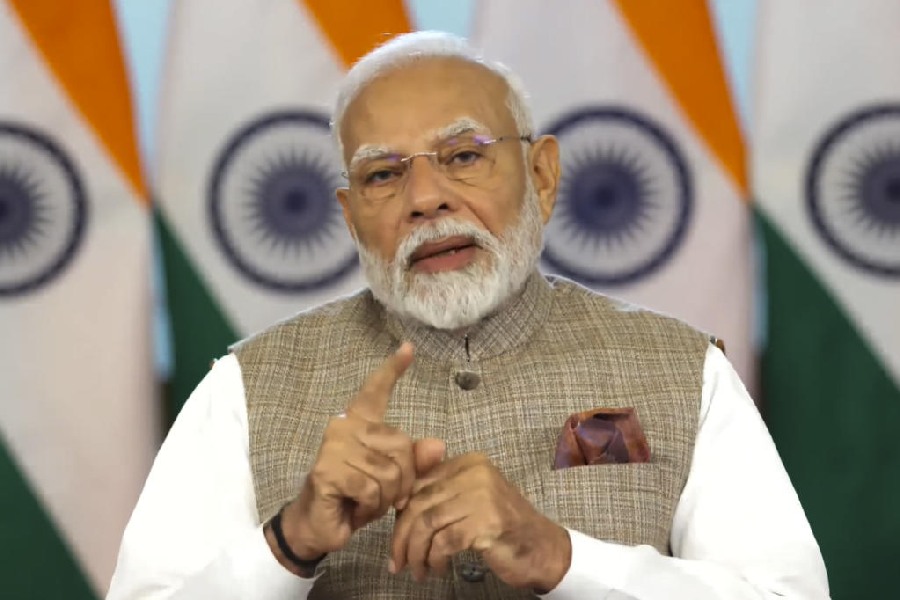Nearly two weeks after Sheikh Hasina Wazed’s resignation as the prime minister of Bangladesh, the sense of victory for the country’s student protesters who had been agitating against her seems to be giving way to a feeling of deep unease among the country’s religious minorities. According to groups that represent the country’s Hindu, Buddhist and Christian minorities, these communities have been targeted in violent attacks that have spread to at least 52 of Bangladesh’s 64 districts, underscoring the nationwide nature of sectarian tensions. Hindus constitute 8% of Bangladesh’s 171 million people. Several temples and villages dominated by the community have been attacked since Ms Wazed’s ouster. There have been whispers of killing, with some reports suggesting the death toll could be much higher than the figures being cited. The nation’s religious minorities have long been seen as supportive of Ms Wazed’s Awami League party, which prides itself on its avowed secular credentials. Amid these attacks, Bangladesh’s interim government under the Nobel laureate, Muhammad Yunus, has sent mixed signals.
Mr Yunus has asked leaders of the protests that dethroned Ms Wazed to do more to stop the attacks on religious minorities. He has visited a temple to assuage the concerns of Bangladeshi Hindus, the largest minority group. Yet, in a telephone conversation with India’s prime minister, Narendra Modi, Mr Yunus appeared to suggest that the reports of the violence were exaggerated. This is unfortunate. Irrespective of the scale of attacks, Bangladesh cannot emerge stronger from its current tumult if its rulers downplay the climate of fear that exists among the country’s religious minorities. This is an opportunity for the country’s young protesters to show that critics who accuse them of being pawns in the hands of shadowy Islamist forces are wrong. Meanwhile, Mr Modi, who has sought the protection of minorities in Bangladesh, must also look within. When minorities, especially Muslims, in India are attacked — a right-wing group recently assaulted Muslims on the false suspicion of them being Bangladeshi nationals — it weakens New Delhi’s credibility when demanding better from other countries. The violence against minorities in Bangladesh is a wake-up call that both Dhaka and New Delhi must use to course-correct before it is too late.











